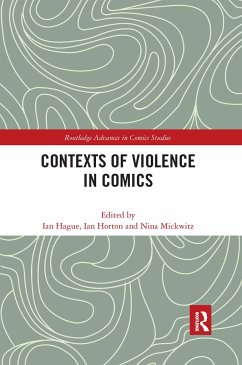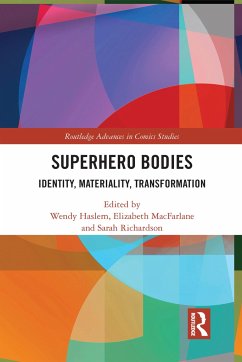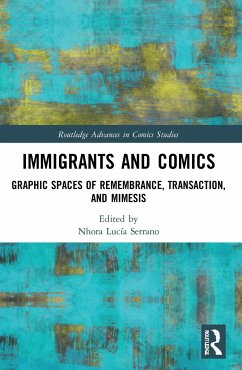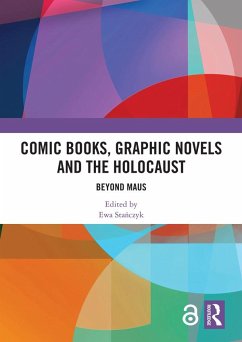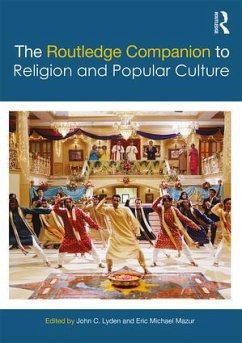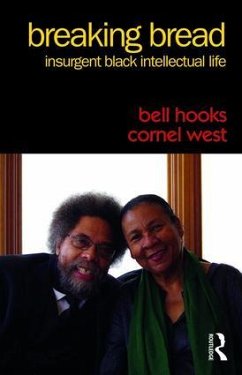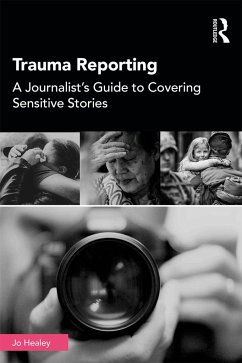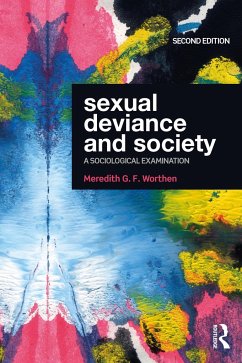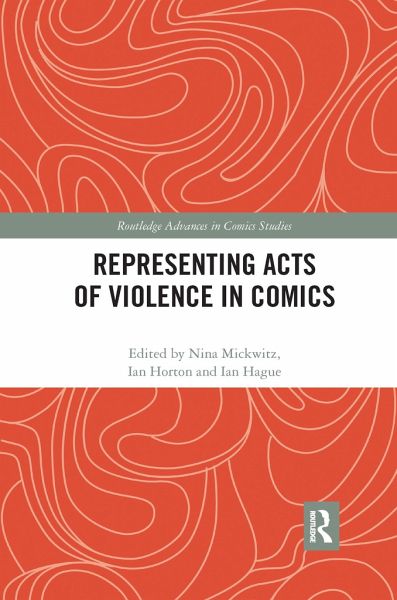
Representing Acts of Violence in Comics
Versandkostenfrei!
Versandfertig in 6-10 Tagen
45,99 €
inkl. MwSt.

PAYBACK Punkte
23 °P sammeln!
This book is part of a nuanced two-volume examination of the ways in which violence in comics is presented in different texts, genres, cultures and contexts.Representing Acts of Violence in Comics raises questions about depiction and the act of showing violence, and discusses the ways in which individual moments of violence develop, and are both represented and embodied in comics and graphic novels. Contributors consider the impact of gendered and sexual violence, and examine the ways in which violent acts can be rendered palatable (for example through humour) but also how comics can represent...
This book is part of a nuanced two-volume examination of the ways in which violence in comics is presented in different texts, genres, cultures and contexts.
Representing Acts of Violence in Comics raises questions about depiction and the act of showing violence, and discusses the ways in which individual moments of violence develop, and are both represented and embodied in comics and graphic novels. Contributors consider the impact of gendered and sexual violence, and examine the ways in which violent acts can be rendered palatable (for example through humour) but also how comics can represent trauma and long lasting repercussions for both perpetrators and victims.
This will be a key text and essential reference for scholars and students at all levels in Comics Studies, and Cultural and Media Studies more generally.
Representing Acts of Violence in Comics raises questions about depiction and the act of showing violence, and discusses the ways in which individual moments of violence develop, and are both represented and embodied in comics and graphic novels. Contributors consider the impact of gendered and sexual violence, and examine the ways in which violent acts can be rendered palatable (for example through humour) but also how comics can represent trauma and long lasting repercussions for both perpetrators and victims.
This will be a key text and essential reference for scholars and students at all levels in Comics Studies, and Cultural and Media Studies more generally.





